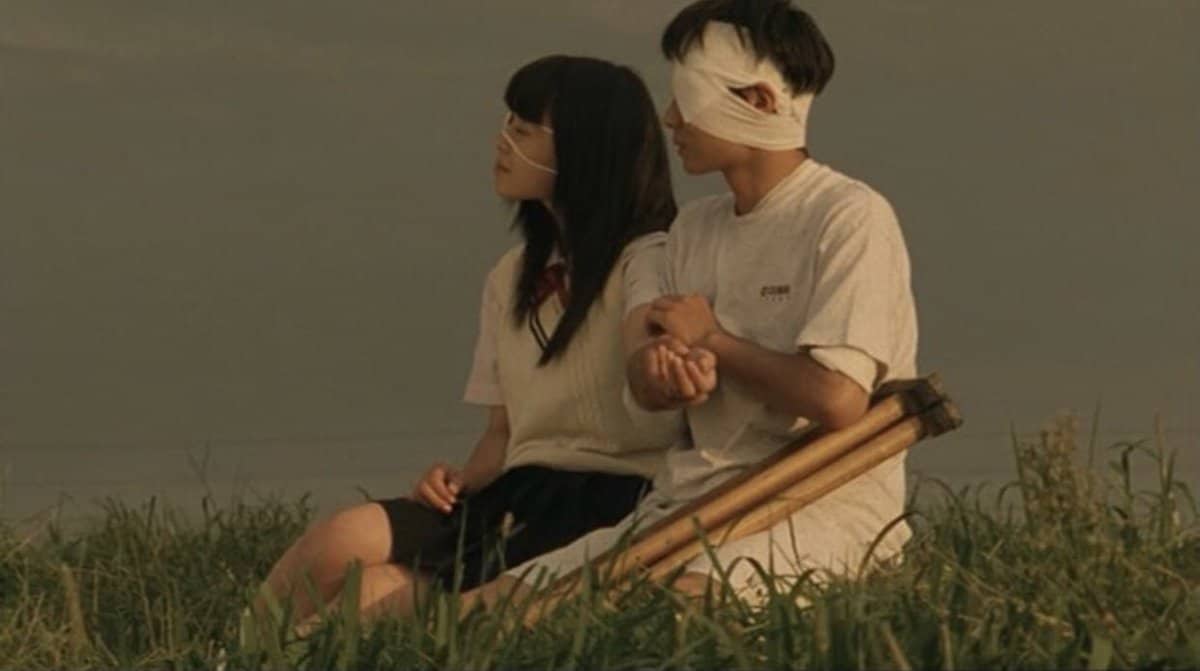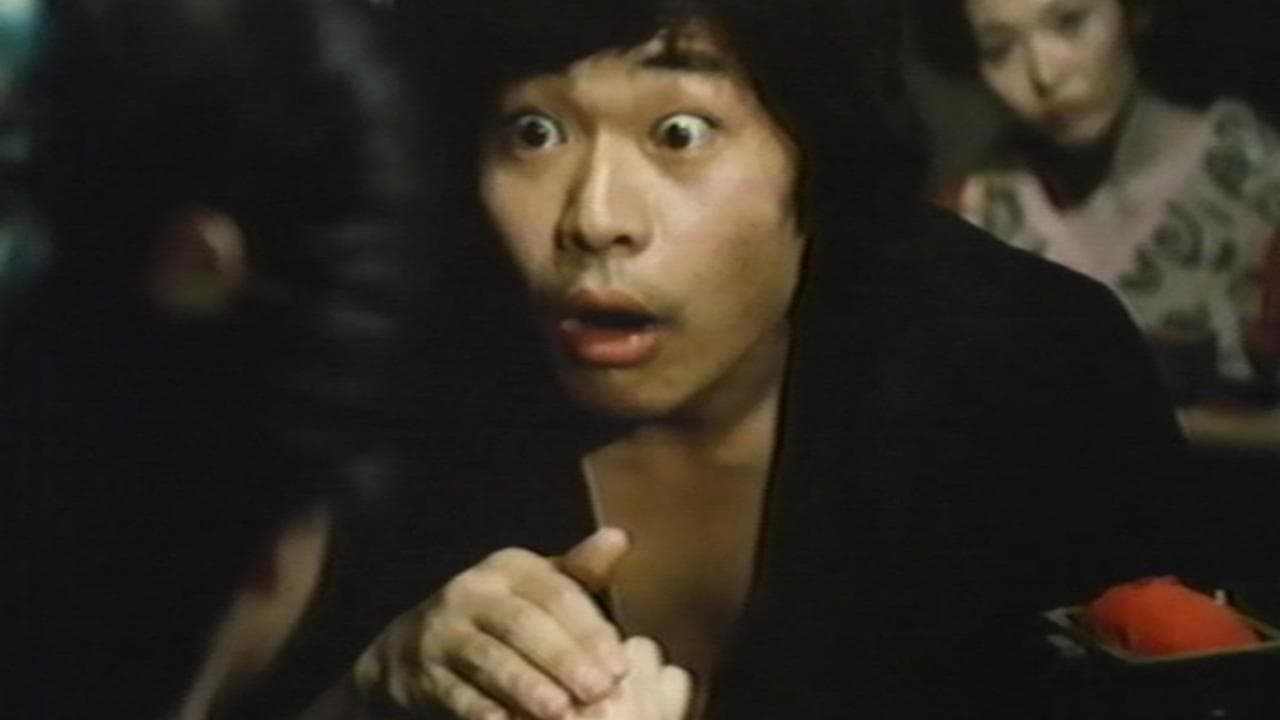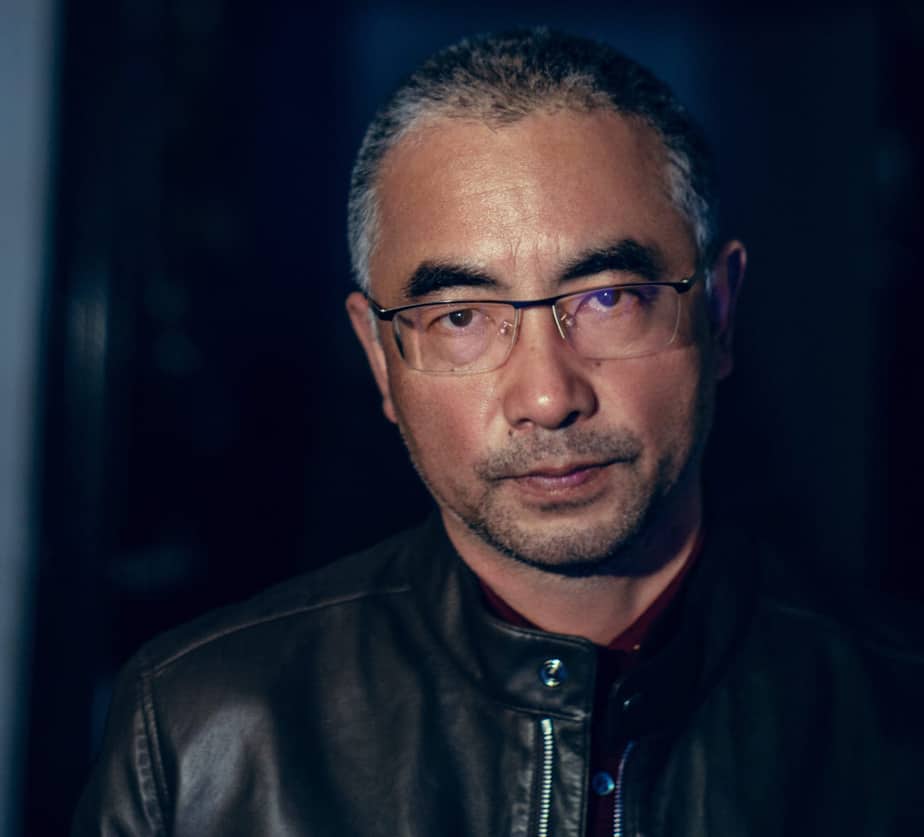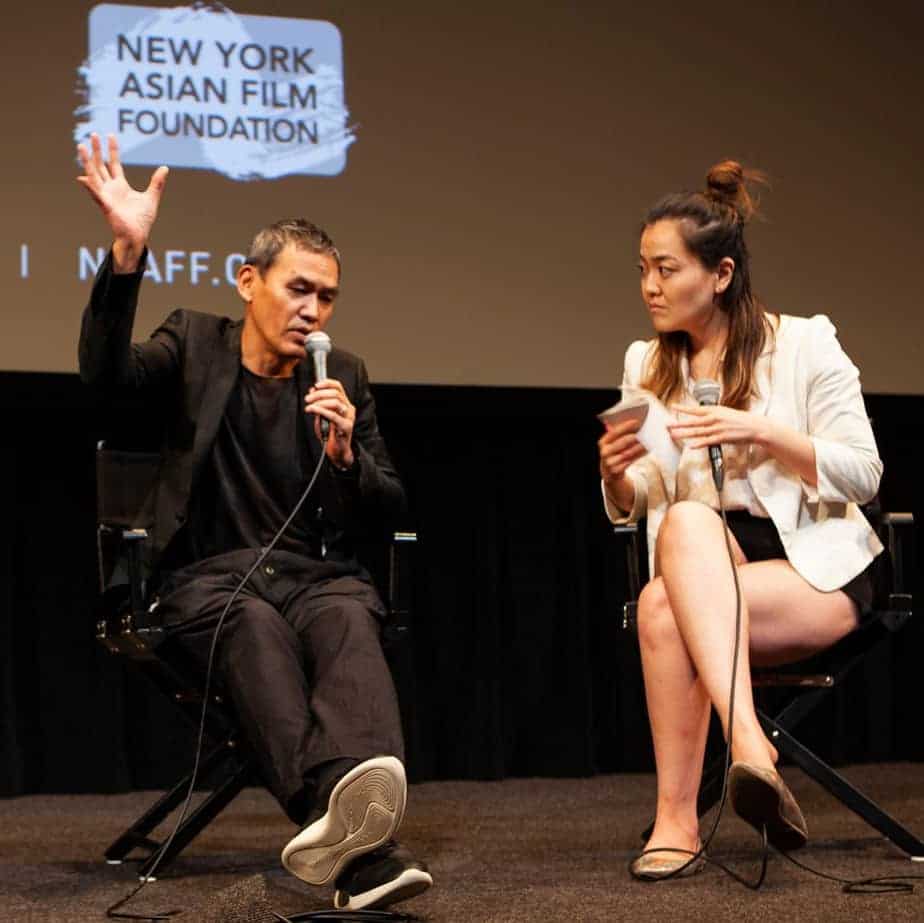Chinese movie director Wang Xiaoshuai visited the 73rd Busan International Film Festival with his new work ‘Chinese Portrait.' This narration-free documentary premiered in Wide Angle session on October 6. He is one of the most familiar directors that visit Busan often since his work screened from 1999 and he headed Asian Film Academy, a workshop session for aspiring young Asian filmmakers in 2015.
Chinese Portrait had its world premiere at Busan International Film Festival

As one of the directors from Sixth Generation, director Wang established his fame through portraying the Chinese youth, as indicated in Beijing Bicycle (2001). The ‘Sixth Generation of the Cinema of China' generally spots the ordinary life of Chinese society, instead of bragging the beauty of China. So when you hear that “Chinese Portrait” takes shots from the natural scenery of China, then you might expect to see someone at the margins of society appearing in this new title.
In regards to the preconception about his work, he said, “I travelled China with my camera since 2009, and this movie contains the memories of my journey.”
“Within a refined frame of my camera, I drew China. I think it is similar to the methods of impressionists. And I would like to show the result of my drawing inspired by China converted to the movie.”
“I tried to capture the images of China for nine years. All components in this movie represent China and show changes within the country. But I cannot say my movie is the same as China because China is too big to be defined in one form,” he said to AMP.
This movie is a collection of short clips shot in all over the country, from Xichuan, Shenzhen to Xinjiang, home to Chinese Muslims. Like the location, the postures of the subjects vary too. Some of them stare at the camera; others seem like they are not aware of the existence of the camera. You can find director Wang in random places as well. The director said he filmed residing people from different parts of China, whenever he had a shooting set in the countryside for his other titles.

“Although the view of aesthetics can vary, I take account of Jinqi as the priority of my movie.”
According to the interpreter, the word ‘Jinqi' means real, authentic spirits.
“Regardless of the so-called standard beauty, I put more value on images that show Jinqi of China like a barley field. It is always beautiful. The real beauty should be reflected in various aspects of everyday life.”

His skills to shoot the ordinary circumstances receive rave reviews; on the other hand, his shooting already led to some changes after the film was released. The Hutong, traditional allies in Beijing, disappeared after they were presented through his movie.
“I cannot help but shoot the present form of the society. I also showed the devastated factories in China, and I think you can even find beauty from wiped-out places as well. Disappearance is also part of history, and my film shows the history of the present as well as the vanished.”
Director Wang said he leaves room to the audience to appreciate this movie instead of providing direction.
“The title of the movie is in the singular form, Chinese Portrait, not Portraits. It implies this movie solely consists of my impression,” he said.
“However, I wish the audience can watch my movie as they see the paintings. There is no elicited meaning, no intention. I Hope they can enjoy of my journey with a camera.”















